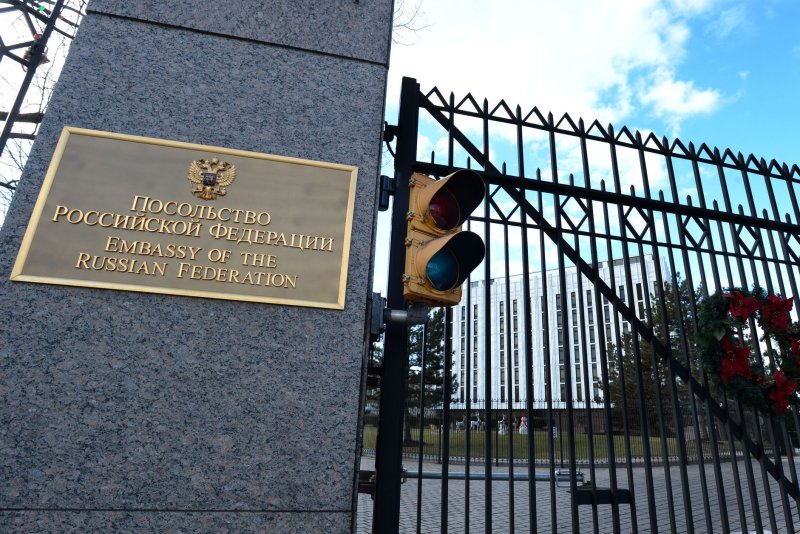June 8 (UPI) -- For the first time, the Justice Department on Friday began releasing memos about the law that requires U.S. citizens to register as foreign agents.
The law, originally designed to thwart Nazi propaganda in the United States during World War II, requires lobbyists to detail their involvement in advocating for foreign governments.















